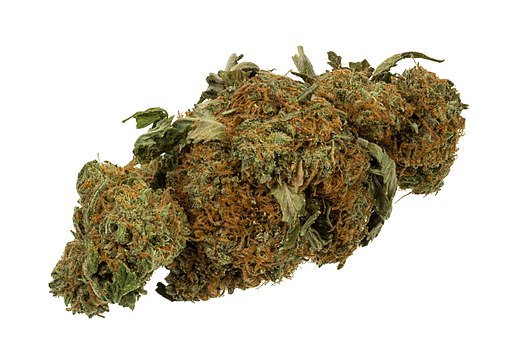Search
We’re gonna take a coronavirus break today to talk about marijuana

tEvan-Amos / Public domain
But, first, thank you to everyone who stopped by yesterday for the Facebook Live / Zoom chat to discuss the Families First Coronavirus Response Act and other COVID-19 workplace issues. ICYMI, we did record the session. I’ve got audio here and my handsome talking mug here.
I’ll schedule another chat sesh once the House Bill advances through the Senate (which hasn’t happened yet, but maybe today), and President Trump signs it.
But now, I want to talk about a New Jersey Supreme Court opinion about which I intended to blog last week. It’s an important but not so important case. And here’s why.
The NJ Supreme Court ruled that an employee can sue for disability discrimination s/he is fired for using lawfully prescribed medical marijuana off the clock.
In this case, the plaintiff, a medical marijuana user who used the drug for an underlying disability, was fired after he tested positive (although he was not under the influence at the time). So, he sued for violations of the New Jersey Compassionate Use Medical Marijuana Act and the New Jersey Law Against Discrimination (the LAD).
The appellate court concluded that while the medical marijuana law did not require that the employer accommodate the plaintiff’s use of medical marijuana, the LAD protects the plaintiff-employee against discrimination based on a refusal to accommodate. So, the defendant-employer must show that something else motivated it (e.g., the plaintiff’s inability to perform the tasks required or, for example, because his failure to pass a drug test may jeopardize licensing.)
That’s it. And it seems somewhat important. So, why would I say that it isn’t?
Because after the plaintiff sued, but before the NJ Supreme Court ruled, the state expanded its medical marijuana law. Among other things, employers cannot take adverse employment actions against employees solely based on their status as medical marijuana patients. Plus, there are also a bunch of other hoops that you have to jump through to drug test employees.
So, unless you operate in a regulated industry, next time one of your NJ employees tests positive for medical marijuana, you probably must engage in an interactive dialogue with her to discuss accommodations. Unless, of course, the employee is high, in which case you can discipline.
 The Employer Handbook Blog
The Employer Handbook Blog


